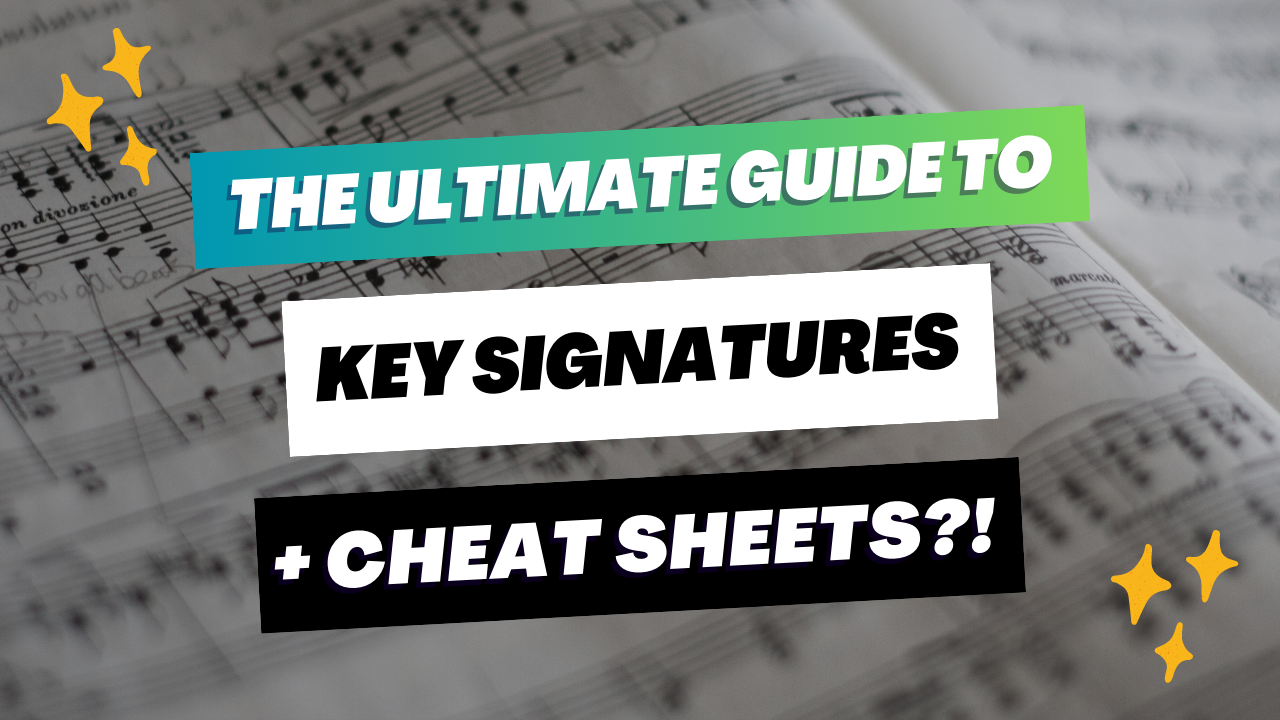Writing Congregational Worship Songs - Why Begin?
Written by Nicole Ashley Fletcher
Worship Leader, Song-writer, Educator
Our God is a glorious intersection of revealed and mysterious.
Though His love, work and character is fully revealed in Jesus Christ so we might know Him and be saved by Him, there is more ambiguity and unanswered space woven into the Biblical stories and divine expressions than we are often comfortable with. Christians throughout the ages have argued about what musical expressions stand up to Paul’s urging in Colossians 3:10 to sing “psalms, hymns and spiritual songs with grace in our hearts to the Lord.” And while we might think those post-service comments about the drums being too loud or there not being enough hymns, or the songs not having more space for the Holy Spirit, or the lyrics being too wordy, etc is unique to our current church experience, we must come to terms with a foundational truth. Katherine Steiner, a professor of Liturgy and Music at Wycliffe College in Toronto, Canada, reminds us that while we have access to some examples of lyrics sung in Biblical history, we have no access to the music itself. And though this might seem unfortunate, she suggests, “the fact that we have no divinely inspired music to accompany Scripture is theologically significant” (2). God didn’t leave divinely inspired music out of history. He put the inspiring Divine in us.
Psalm 33:3 instructs the listener to “Sing to God a new song! Play skillfully and shout for joy!” Fresh creative expression, skillful and thoughtful musicianship, and exceptional enthusiasm are all powerful - and accessible - ingredients to congregational worship. Nostalgia is powerful, and while there are some songs that are delivered by the Holy Spirit in a way that crosses time and space, our God really values the local experience - so much so that he had one Himself. So do not look down on your everyday experience of whittling and crafting, trying and failing, starting and getting stuck. These are Holy experiences that are singing out new songs of obedience, sacrifice, courage and devotion to Jesus as they are being written.
How do you start writing songs for your congregation?
Quite simply, you start. Line by line, Sunday by Sunday. If you’re strategic, start by making a plan. If you’re pastoral, start by calling a friend. The process is discipleship and sanctification - it’s what makes any song worthy to carry His name.
What if you get stuck?
Apply the same strategies as if it were a personal discipleship struggle: pause and pray, ask for help, wait for another season, cast it aside, or press in and press on. When we consider songwriting as a natural extension of our Christ-likening, it frees us to operate under grace, and without any destructive worldly pretence that every lyric will be mind-blowing or melody a global sensation. Imagine if every prayer you prayed out loud was viewed this way. Or every time you opened your bible to teach your child or encourage a friend. Why, then, must songs birthed by everyday people in cathedrals, home churches and auditoriums be subject to such grace-less, faithless scrutiny? Before we can begin, we must address and dismantle the reasons we have never begun.
Let’s consider the Psalms of David. He didn’t just write generally, as someone trying to impress a multitude or meet every single person’s need. He wrote songs that were true to his experience, the people he was in relationship to, and in the tunes of songs that people often knew and could participate in. Every single song I’ve written that has connected with our church and beyond had it’s roots in a person or experience in my own local context. One song saw the light of day for a moment at a hospice at the bedside of a boy in his final days. Another carried a friend through the loss of her brother. Another gave prophetic breath and encouragement to a small group in a season of waiting. And yet another was delivered to a prayer gathering awaiting a breakthrough moment, tearing down spiritual strongholds in Jesus’ name. “Writing congregational worship songs” mustn’t be siloed to generalities, praise-charts or simply global church worship movements, though they certainly have their place. We must as a collective people in every unique context, musical style, liturgical tradition and generation take the stake God has given us in hand and stick it in the ground under our feet to find springs of living water. Most people in our churches aren’t looking for a tidal wave of musical prodigy. They are looking for a fresh drink, clean hands, and a Holy baptism.
Why write songs when there are so many other churches who are doing it better than us?
Another risky pursuit of writing congregational worship songs to consider is the reality of global music access. If we can just sing their songs and pour out our praise, why bother getting started in writing our own (resources are limited, you know!) Hymns are classics for a reason, so why mess with a good thing? These are well-meaning questions, all of which I have asked myself at one time or another. These are vulnerable internal places that we must travel to with the Lord, so that fear, doubt, pride and lack of vision can be taken captive to Christ. I have had to at times silence my own need to appear competent & in control with one hand, while pinning to the ground a paralyzing fear of failure & need for approval with the other. The work of poets and prophets is not for the faint-hearted, but it is refining, brave and self-discovering work nonetheless. And if we come to know ourselves - our good and bad, our unique personality, gifts, history, experiences, then can finally offer our truest selves to God in worship. While my shadow is much tidier and smoother around the edges, it is only broken and fragile jars that contain the treasure of God (2 Cor 4:7). A treasure that your congregation needs.
Jesuit priest, James Martin, following the traditions of Thomas Merton & Henri Nouwen, comment on the foundational spiritual importance to uncovering our own unique voice. When tempted to think “what would Mother Theresa do?” or any other Saint he admired, he responds, “Certainly their lives are superb models for Christian action, but a better question must be, ‘what should I do?’ …God calls each of us in every situation to be ourselves: nothing more, and more importantly, nothing less” (41).
What if today’s anointed novelists only read great authors of the past and recited them verbatim? What if scientists & engineers only marvelled at discoveries made and designs built? Certainly the writers and artists of the past and present offer exceptional models of bold creativity, and spirit-filled worship melodies, but have you ever sat among your own people and thought, “what should we sing?” Now is as good a time as any to begin. Our very DNA and human likeness was created with Creator in mind, so the body of Christ requires us to pick up pens and instruments, verse and tempo to interpret God’s present moving in our time and space. Much like a song being written, when we submit to the working and reworking, we get to discover who we are in Christ, all the while discovering what Christ can do through us. Maybe songs of praise themselves are living, breathing sounds of Jesus’ blessing in John 14:20 - “You will realize that I am in my Father, and you are in me, and I am in you.” The spirit of God’s eternal saving grace, Jesus, found within the songs and voices of people he is saving right in this moment.
The mystery and ambiguity of uncovering new songs that fit in the mouths of our own unique people in this particular time in history forces us to wrestle with God, ourselves, and even, at times, with one another. But it is in that uncertain and risky place where we can cast aside ambition, tradition or confident ability in order to find the One who is worthy of every song we might yet sing. I believe it is in this place where He will help us finally grab hold of our humble humanity, so we can dare to begin with a single note.
Written by Nicole Ashley Fletcher
Nikki is a Worship Leader, award-winning Songwriter, Artist and Educator living and raising a family with her husband Ryan. She has a Master of Arts in Education & Child Study from the University of Toronto, and is currently completing a Master of Theological Studies. She is also a podcaster and leads Worship at Sanctus Church. She is a member of the Bachelor of Education Faculty at Tyndale University in Toronto, Canada, where she teaches Environmental Education, Science & Technology. She specializes in cultivating thriving team environments, and exploring many creative disciplines with leaders/learners in small and large groups.











